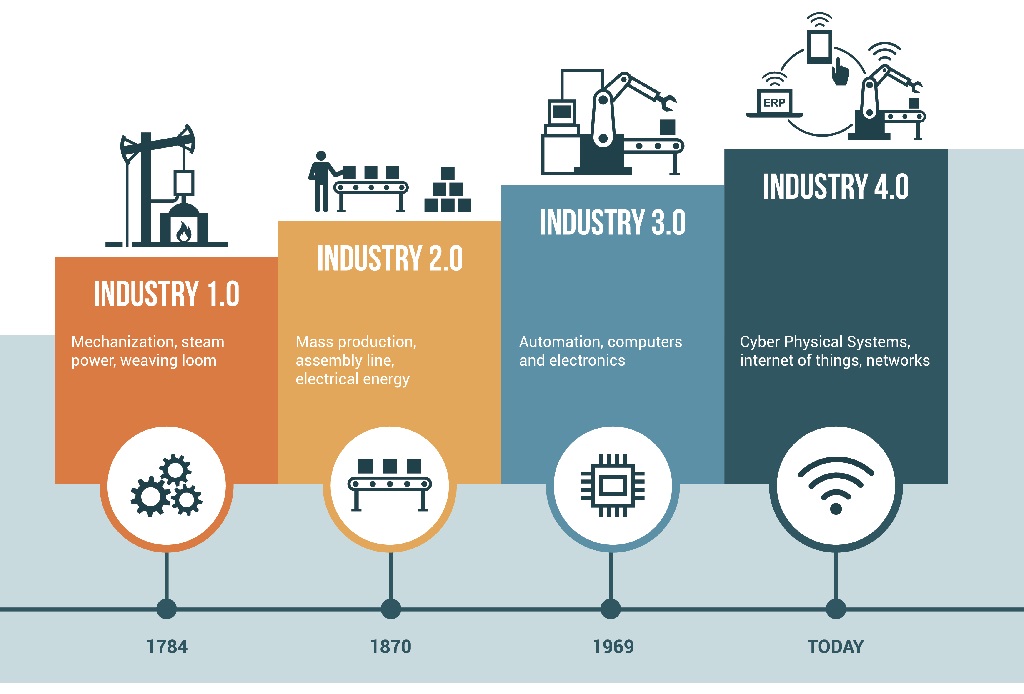
Manufacturing IT Solutions
Information technology services play a significant role in optimizing manufacturing processes, improving efficiency, and enhancing product quality in the manufacturing industry. Here's a use case that illustrates the application of IT services in manufacturing:
Smart Manufacturing and Industrial IoT (IIoT) Integration
Imagine a large manufacturing facility that produces consumer electronics. The facility wants to modernize its operations, improve production efficiency, and enhance quality control. They decide to implement a comprehensive Smart Manufacturing and Industrial Internet of Things (IIoT) solution.
ManufacturingIT Solution:
The manufacturing facility adopts a Smart Manufacturing and IIoT Integration solution, which combines sensors, data analytics, and automation technology to create a connected and intelligent manufacturing environment.
Ask for DemosKey Features
Sensors and Data Collection:
The system incorporates a network of sensors across the production line, capturing data on machine performance, quality metrics, and environmental conditions.
Data Analytics:
Advanced data analytics and machine learning algorithms process the sensor data to monitor production, identify anomalies, and optimize operations.
Predictive Maintenance:
The system predicts equipment maintenance needs based on real-time sensor data, minimizing downtime and reducing maintenance costs.
Quality Control:
Real-time quality control measures are implemented using sensors to detect defects or deviations in products during production.
Inventory Management:
The system monitors inventory levels and automatically triggers reordering or production adjustments to maintain optimal stock levels.
Energy Management:
Sensors track energy usage and efficiency, enabling cost savings and sustainability efforts.
How It Works
Sensor Deployment:
Sensors are deployed across the manufacturing facility, placed on machines, conveyor belts, and at critical points in the production process.
Data Collection:
Sensors continuously collect data related to machine performance, product quality, environmental conditions, and energy consumption.
Data Analysis:
Data analytics tools process the data in real-time, identifying deviations, anomalies, or potential issues in the production process.
Predictive Maintenance:
The system predicts when equipment requires maintenance, reducing unexpected downtime and production interruptions.
Quality Control:
Sensors monitor product quality, detecting defects or deviations from predefined quality standards. If an issue is identified, the system can trigger an alert for intervention.
Inventory Management:
The system tracks inventory levels and automatically generates purchase orders or adjusts production schedules based on inventory needs.
